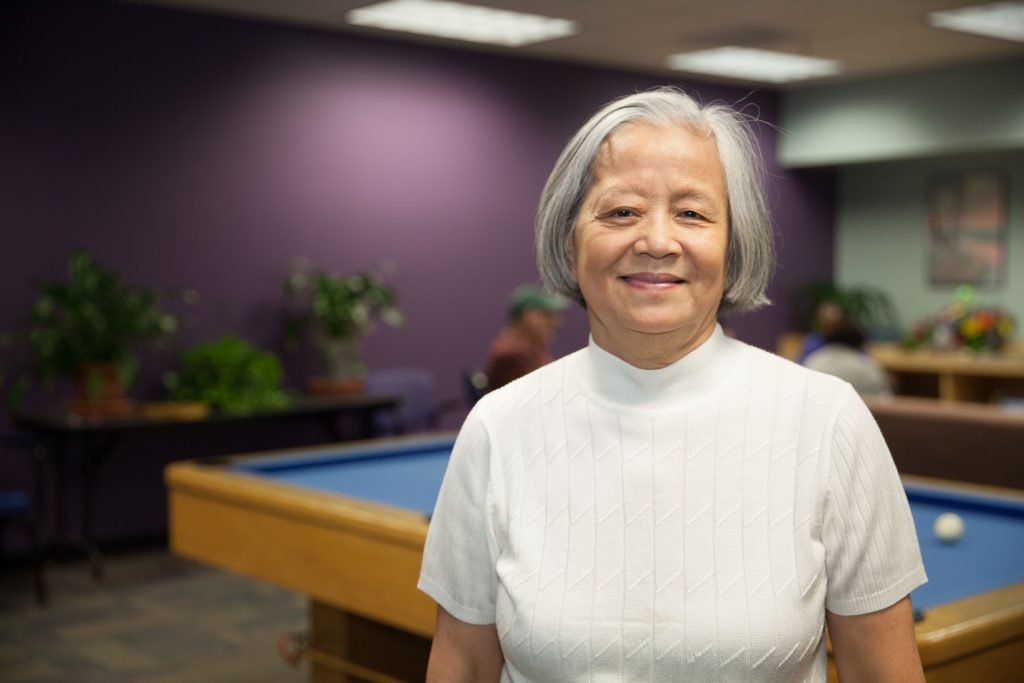Planning for end of life
In life, we all experience serious injury or illness. At some point, all of us will face our mortality. When the time comes, you want to be sure you and your family members are prepared.
 All adults, regardless of age, can prepare for these decisions and have the documents in place that allow others to know and act on our decisions under these circumstances. Many people do this as soon as they retire, but some people may not begin planning until they have an accident or are in poor health. It’s best to begin before there is the additional stress of failing health.
All adults, regardless of age, can prepare for these decisions and have the documents in place that allow others to know and act on our decisions under these circumstances. Many people do this as soon as they retire, but some people may not begin planning until they have an accident or are in poor health. It’s best to begin before there is the additional stress of failing health.
Research tells us that people like to put off signing advance directives or engaging in advance planning, even though common sense says there’s no time like the present. It’s very human to not want to think about the end of your life and what you might do about your healthcare and finances. But the only way to be certain you receive the best legal help and your final wishes are met is to get everything in order sooner rather than later. Whether it’s been at the back of your mind or it’s starting to feel urgent, there is help to plan for the future.
Legal help for advance directive planning in Georgia
First, be sure you have all the resources you need within reach. If you need legal assistance during your advance planning, there are many options if you don’t have a lawyer readily available. Older adults in Georgia can access free legal advice, brief service, or referrals by contacting the Georgia Senior Legal Hotline. This is a free telephone service staffed by attorneys who take calls from older Georgians and their families. If you need to find a lawyer with experience in elder or special needs law, check out the National Academy of Elder Law Attorneys. For more help finding a lawyer in Georgia, you can use the tools on the Georgia State Bar site.
How to start planning
Getting things in order may take some time—it depends on how many conversations you need to have, whether you are familiar with the paperwork, whether your assets are complicated, and whether you already have access to legal counsel. However, before you dive into the legalese, you want to start by having conversations with your family and trusted loved ones to make sure they understand your wishes.
How to talk to your family about your wishes
If you aren’t sure how to get everyone together and how to convey how you feel, the Conversation Project has helpful resources to help you get started.
If you are trying to decide who to nominate to make your healthcare decisions, be sure to choose someone you trust—a person who will honor your wishes and your values. You may also want to nominate a successor or secondary decision maker so you can feel safe knowing you have more than one person to rely on.
While making your decisions, be sure to consider your unique family dynamics and the legal position in which each person may find themselves. You can decide who you want to make decisions if you aren’t able.
If you haven’t appointed anyone to make decisions on your behalf, and you are unable to consent, Georgia laws authorize your family to make your healthcare decisions. While a surviving spouse is the primary person for physicians to consult in a medical situation, if a spouse is not available, the doctor will next ask your adult children—who will each have an equal say. Even in the closest of families, there can be different opinions about what Mom or Dad would or wouldn’t want regarding healthcare decisions. Be sure to clearly communicate what your intentions are, then formalize your decisions—about what you want and who you want to make decisions—by filling out the paperwork for your advance directives.
Understand typical end-of-life decisions
While advance directives apply to all types of healthcare decisions at any time in your life, it’s also important to understand the types of medical decisions you may have to make near the end of your life. If you are very sick and you only have a short time to live, you will have to decide on the type of care you would like to receive. You typically have these choices:
Treatment–In the absence of an advance directive or if you choose full treatment in your advance directive, medical personnel will general continue all available and reasonable medical treatments to attempt to cure or treat your serious illness.
Do Not Resuscitate Order–DNR is a medical order meaning that if your heart stops beating or if you stop breathing, healthcare providers will take no life-saving measures.
Palliative care—Palliative care is comprehensive treatment of the discomfort, symptoms, and stress of serious illness. It does not replace your primary treatment; palliative care works together with the primary treatment you’re receiving. The goal is to prevent and ease suffering and improve your quality of life.
Hospice care—Hospice care is focused on quality of life rather than length of life. If a doctor determines that you likely have less than 6 months to live you can typically qualify for hospice under most health insurance plans. Making sure you have no pain or other distressing symptoms are key to hospice care. The service also provides support for family members during this time.
For more information on the decisions you may have to make, download this slip sheet from Sixty Plus, a division of Piedmont Hospital.




